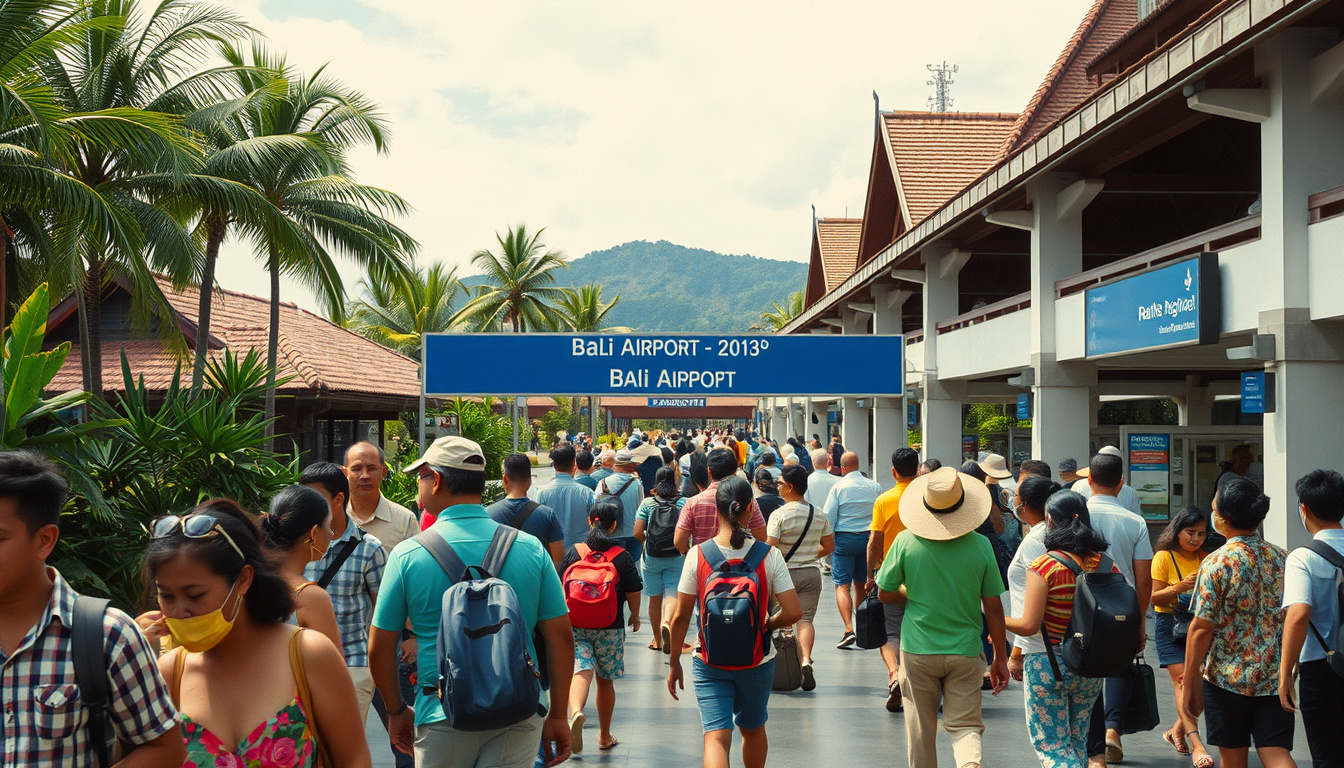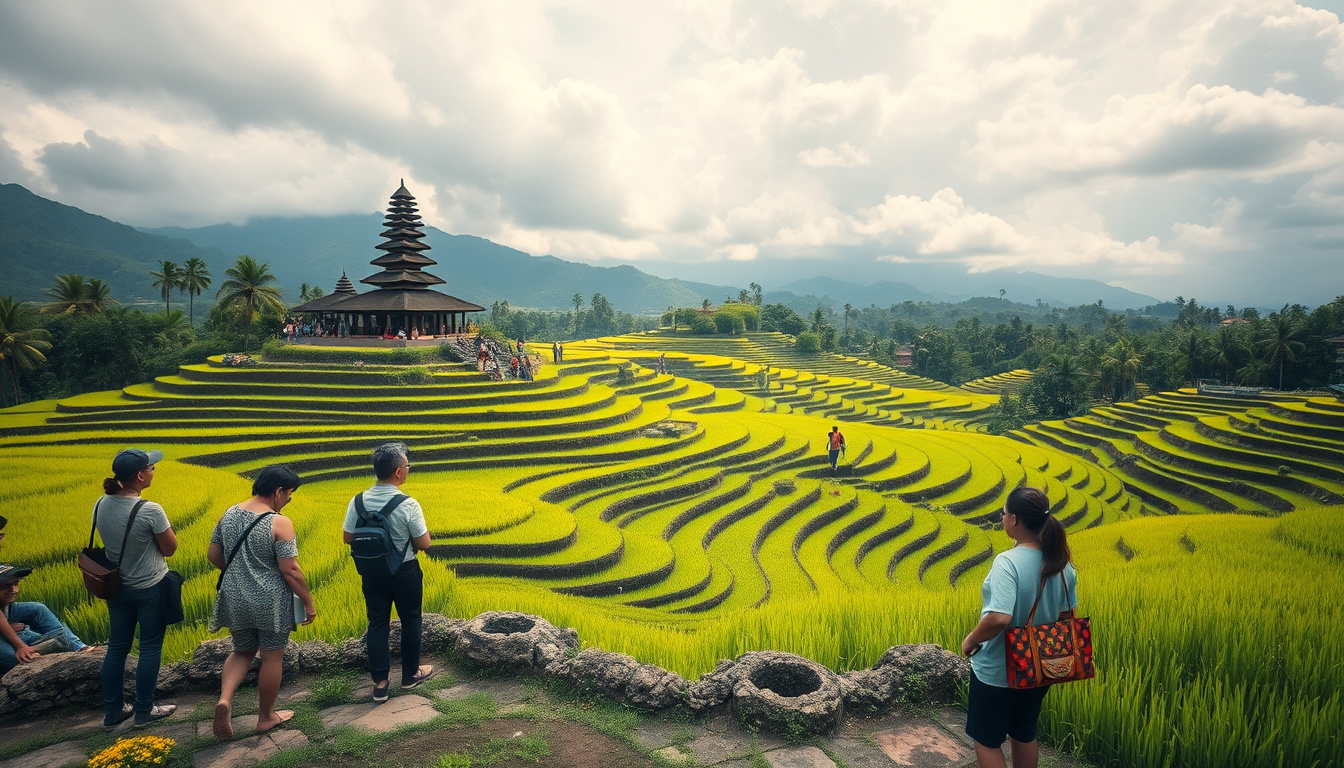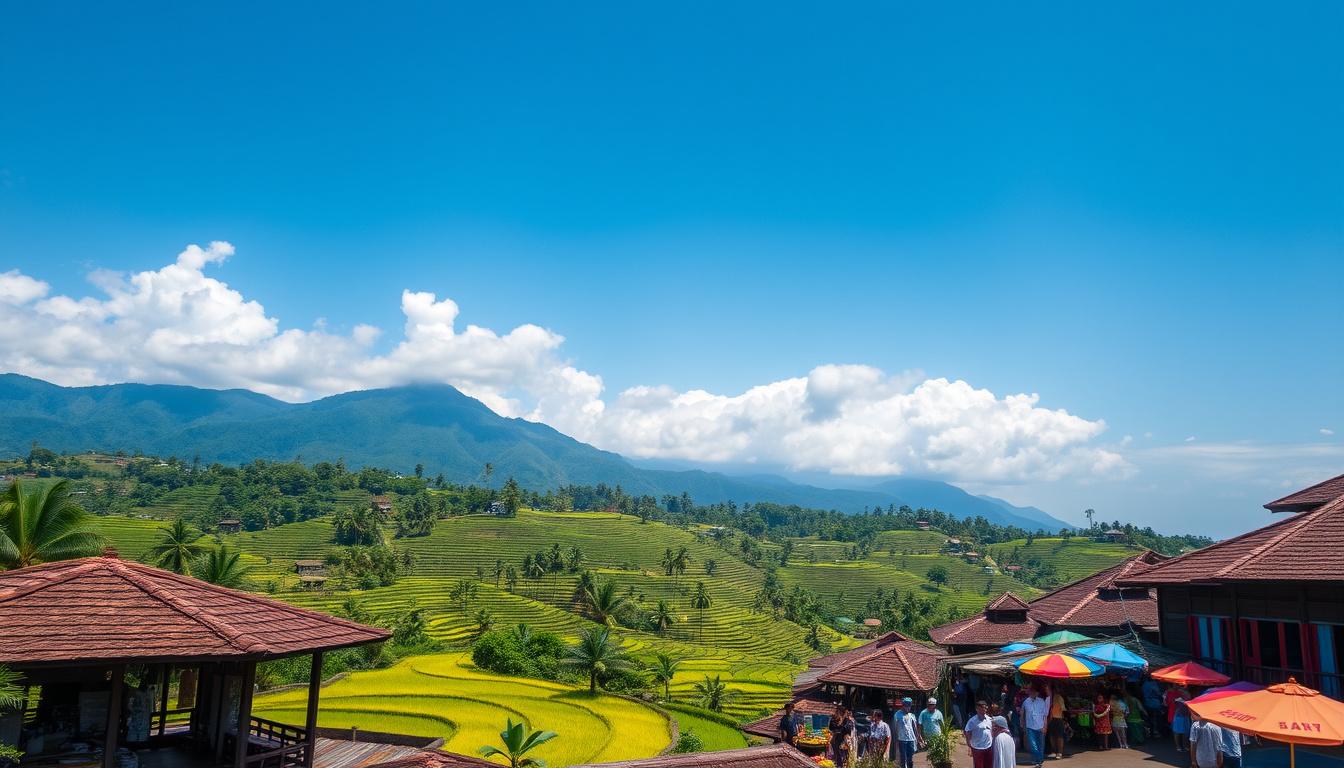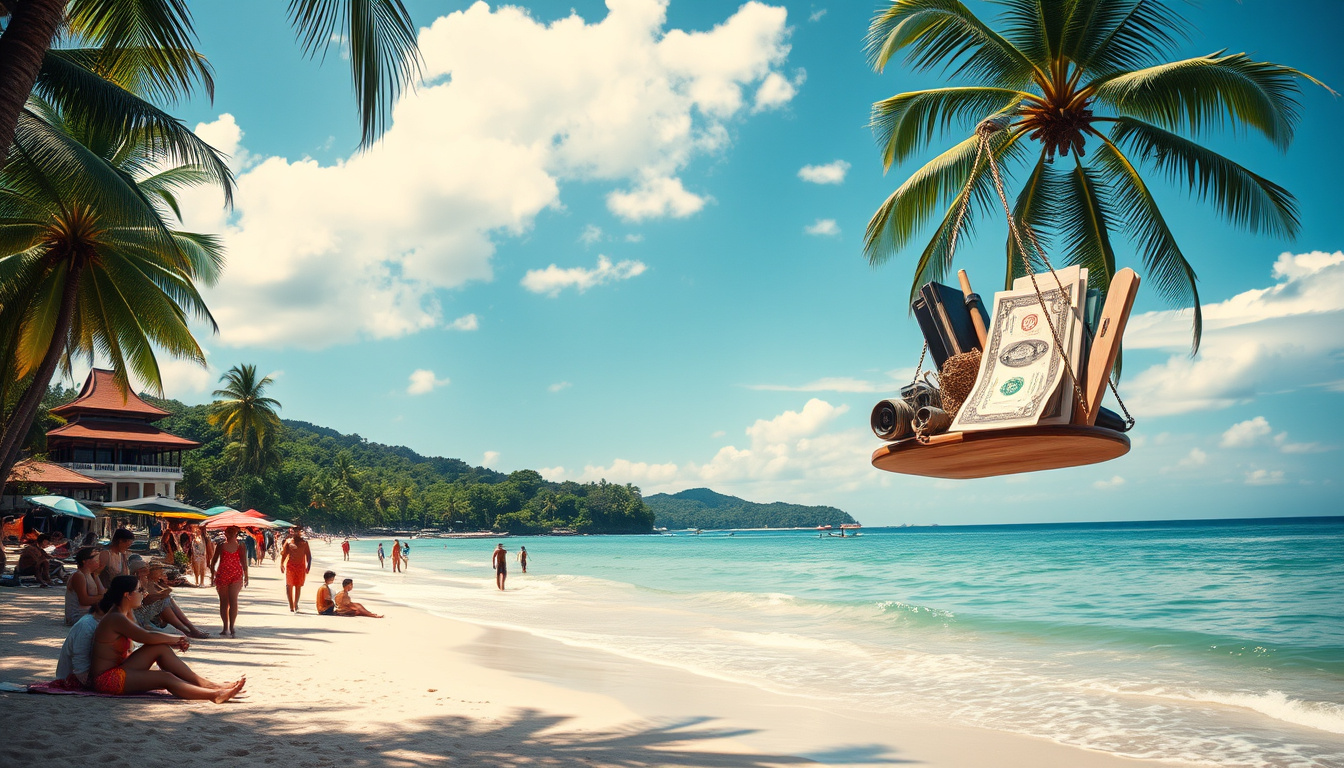Bali, renowned for its stunning natural landscapes and rich cultural heritage, is gearing up for a significant policy change as the Indonesian government has announced a moratorium on the development of new hotels, resorts, and tourism-related infrastructure. This decision marks a major shift in how the island is managing its booming tourism industry and aims to preserve the unique environmental and cultural aspects that make Bali a top global destination.
Understanding the Implementation Timeline
As detailed by Indonesia’s Minister of Tourism and Creative Economy, Sandiaga Uno, the moratorium will come into effect in early October 2024. Set to last between three to five years, the restriction may extend up to a decade depending on its success in addressing current challenges. The temporary halt aims to offer a respite for the island’s overburdened infrastructure and to slow the conversion of agricultural land into commercial prospects.
Affected areas include Denpasar, Badung, Gianyar, and Tabanan, with the more underdeveloped regions of northern, western, and eastern Bali spared from these new restrictions. The expectation is that this policy will redistribute growth opportunities and lessen the pressure on these central areas. Such measures not only aim to alleviate traffic congestion but also to safeguard the invaluable agricultural land from commercial encroachment.
Preservation of Cultural and Natural Resources
One of the critical motivations behind this moratorium is the protection of Bali’s agricultural land and heritage. Since the tourism boom, over 2,000 hectares of prime farmland have been lost annually to development. This shift risks irreversibly damaging the iconic rice terraces and the traditional subak irrigation system, a UNESCO world heritage site. Protecting these areas ensures that Bali maintains its cultural and environmental integrity, thereby offering more sustainable tourism in the long run.
Local communities and environmental advocates like Wahana Lingkungan Hidup Indonesia (WAHLI) have expressed concern over the rapid expansion of tourism-related infrastructure. Such growth has contributed to increased traffic congestion and waste management issues, detracting from the quality of life for residents and the authentic experience for visitors. Advocacy groups hope the moratorium will lead to more thoughtful development practices and conservation efforts.
The economic implications of such an endeavor are multifaceted. While it could slow immediate economic growth in terms of hospitality expansion, it also addresses social challenges like increased crime and job market competitiveness influenced by a surge in foreign residents, estimated around 200,000. This approach seeks to stabilize the social fabric of Bali, supporting both local and international inhabitants in enjoying the unique charm of the island.
In the real estate sector, the moratorium is anticipated to cause a spike in housing prices within the restricted zones, as the prohibition of new projects will make existing real estate scarce and therefore more attractive. This could create a new dynamic in Bali’s property market, influencing investment patterns and economic strategies moving forward. Ultimately, the thoughtful execution of this moratorium could safeguard Bali’s future as a sustainable, culturally-rich paradise for generations to come.











Add a comment